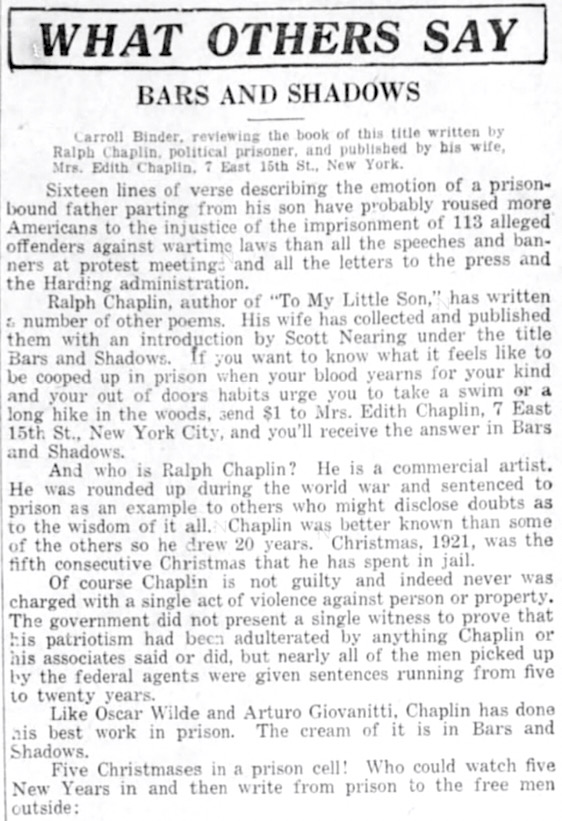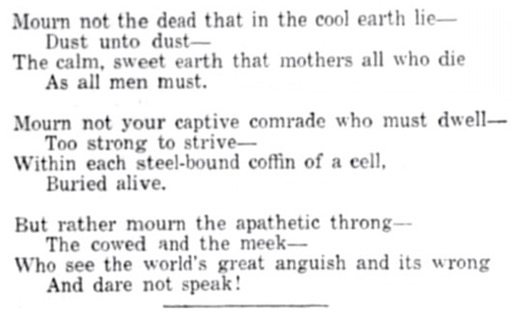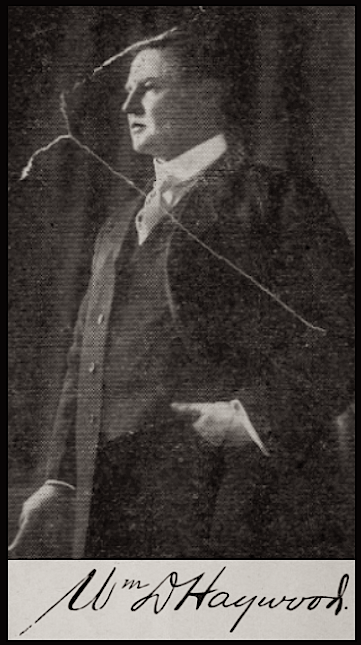To speak for labor; to plead the cause
of the men and women and children who toil;
to serve the working class,
has always been to me a high privilege;
a duty of love.
-Eugene Victor Debs
~~~~~~~~~~~~~~~~~~~~~~~~~~~~~~~~~~~~~~~~~~~~
Hellraisers Journal, Wednesday June 19, 1918
Canton, Ohio – Echoes from Nimisilla Park
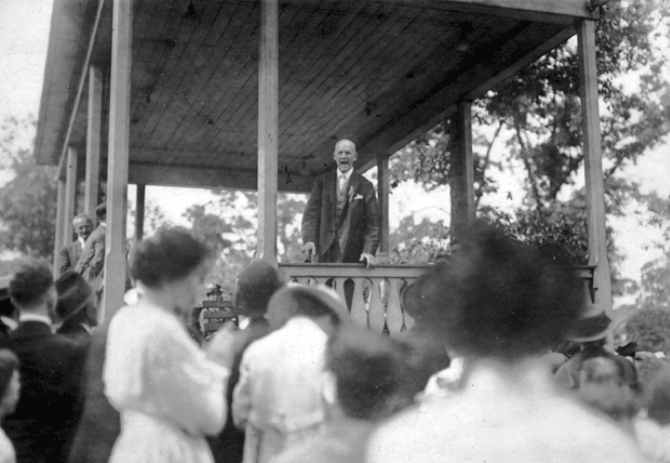
On Sunday June 16th, Eugene Debs arrived at the Nimisilla Park, in Canton, for a grand picnic given by the Socialist Party of Ohio on the final day of the state convention. He came directly to the park following a brief visit with the Ohio Comrades, C. E. Ruthenberg, Alfred Wagenknecht, and Charles Baker who are now residing behind the bars of the Stark County Work House, across the street from the park.
Comrade Debs walked through the crowd smiling and came to the front of the platform. He gave a speech which is certain to be remembered for years to come.
Debs spoke for about two hours, and said, in part:
-(Emphasis added.)
Comrades, friends and fellow-workers, for this very cordial greeting, this very hearty reception, I thank you all with the fullest appreciation of your interest in and your devotion to the cause for which I am to speak to you this afternoon.
To speak for labor; to plead the cause of the men and women and children who toil; to serve the working class, has always been to me a high privilege; a duty of love.
I have just returned from a visit over yonder, where three of our most loyal comrades are paying the penalty for their devotion to the cause of the working class. They have come to realize, as many of us have, that it is extremely dangerous to exercise the constitutional right of free speech in a country fighting to make democracy safe in the world.
I realize that, in speaking to you this afternoon, there are certain limitations placed upon the right of free speech. I must be exceedingly careful, prudent, as to what I say, and even more careful and prudent as to how I say it. I may not be able to say all I think; but I am not going to say anything that I do not think. I would rather a thousand times be a free soul in jail than to be a sycophant and coward in the streets. They may put those boys in jail—and some of the rest of us in jail—but they can not put the Socialist movement in jail. Those prison bars separate their bodies from ours, but their souls are here this afternoon. They are simply paying the penalty that all men have paid in all the ages of history for standing erect, and for seeking to pave the way to better conditions for mankind.
Continue reading “Hellraisers Journal: Eugene Victor Debs: ”To serve the working class has always been to me a high privilege.”” →
 —————
—————
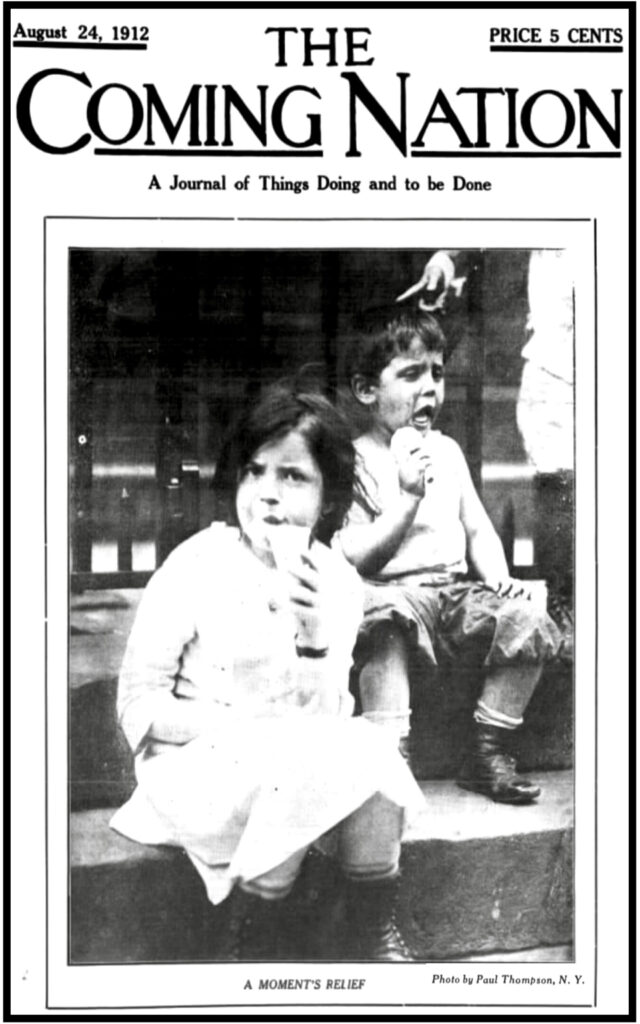
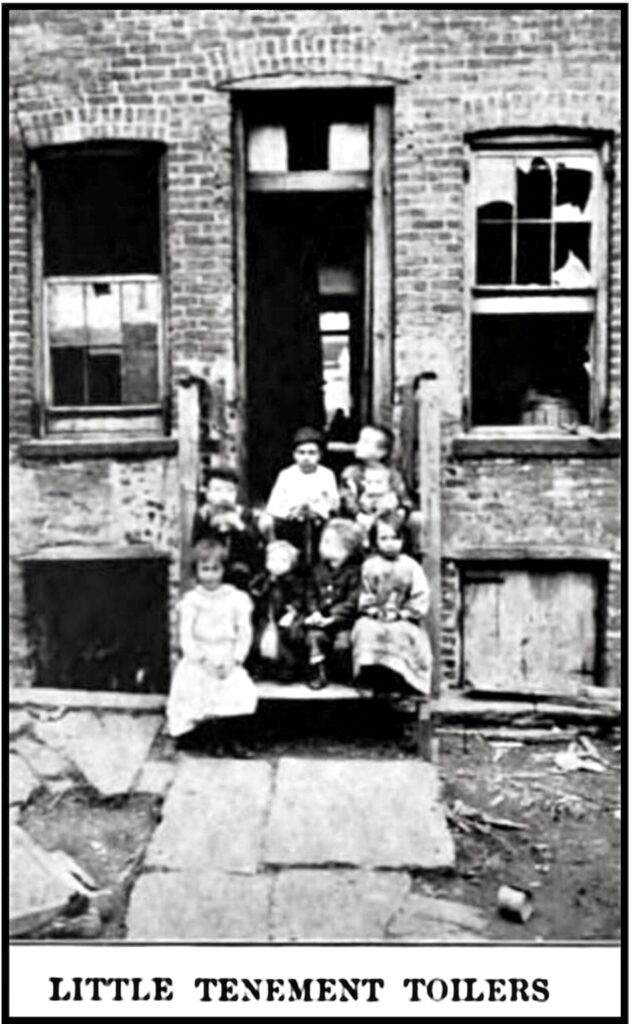
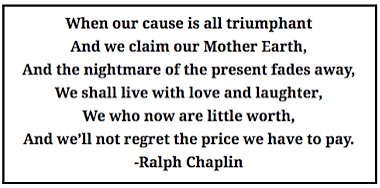 —————
—————